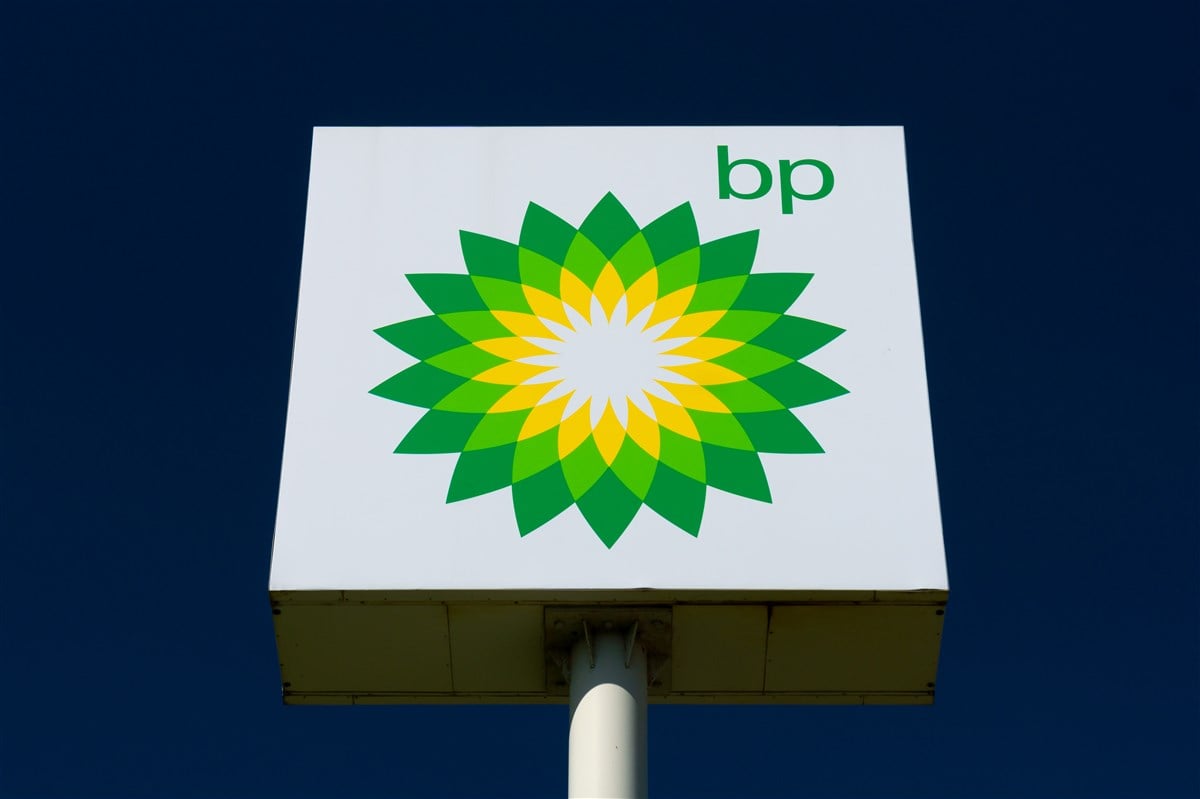
The BP plc (NYSE: BP) chart shows a stock setting up in a healthy base formation that often precedes a new rally.
The stock could be an undervalued gem, and already has some things going for it: The BP dividend yield is 4.2%, higher than energy stocks as a group. The company has increased its dividend in each of the past three years.
Recent developments, including a new CEO and an activist investor's push for the company to renew its focus on fossil fuels, may be catalysts for price gains.
The BP chart shows the current consolidation undercut the low of the most recent structure when it retreated to $33.52 on January 17.
BP stock in new uptrend
Since then, the stock has rallied and may be starting to etch the right side of its base, below a buy point of $40.84. If the uptrend continues, even at a leisurely pace, the stock may be worth watching as a buy candidate.
When a stock forms a new base and undercuts a prior low, that's frequently a constructive sign. The selling often attracts new buyers who see potential in the stock, but are waiting for a more attractive valuation before buying.
That may be happening with BP stock.
Revenue and earnings have been slowing lately, but that's consistent with what's been happening with some of the biggest energy companies, such as Exxon Mobil Corp. (NYSE: XOM) and Chevron Corp. (NYSE: CVX), which have also seen growth slowing as oil prices decline.
Wall Street expects BP earnings to come in at $5.60 a share this year, a decline of 36%. Exxon Mobil is forecast to report a decline of 34%, while analysts expect Chevron's earnings to drop by 31%.
Is BP selling overdone?
Analysts have been re-evaluating the price targets on some energy stocks, with a view that some may be oversold. For example, Exxon Mobil was recently the subject of analyst upgrades.
BP analyst forecasts show a gloomy attitude toward the stock, but is the selling here overdone, as well?
One U.K.-based hedge fund that believes so is BP investor Bluebell Capital Partners. News broke on January 30 that Bluebell sent BP a 30-page letter in October, saying the energy giant should shift its focus back to fossil fuels and cut spending on renewable energy ventures.
BP said in 2020 that it planned to slash hydrocarbon production to the tune of 40% by 2023 while increasing its spending on clean energy projects, including EV charging stations, renewable power and biofuels.
But the move didn't resonate with anyone, as institutional investors continued gravitating toward mega-caps like Chevron and Exxon Mobil, both of which outperformed BP on a three-year basis.
BP upping investments in fossil fuels
It's worth noting that while Chevron and Exxon Mobil have made noises about renewables, they've continued investing in their traditional fossil-fuel businesses. Both companies have been making acquisitions to bolster revenues in that area.
Even before the Bluebell letter, BP appears to have seen the writing on the wall: In February 2023, the company reversed course, saying it would curtail plans to reduce oil and gas production.
At the time, then-CEO Bernard Looney said, "The conversation three or four years ago was somewhat singular around cleaner energy, lower-carbon energy. Today there is much more conversation about energy security, energy affordability."
Bluebell Capital would like the shift back to oil and gas production to be even more pronounced. Bluebell estimated that BP shares were undervalued by 50% or more, which is a striking number.
Bluebell, which calls itself "an activist investor focused on large-cap European public equities," said BP's undervaluation is due to reduced fossil-fuel production and diversification into business segments with low expected returns.
New CEO may energize BP stock
Bluebell emphasized that it supports renewable energy and has made investments in that area. However, it said BP is not well-positioned to generate strong returns from that business as compared to its leadership in fossil fuels.
A shift back to higher-return business could give BP earnings and share price a boost.
Another factor favoring BP is a new CEO. Murray Auchincloss took the reins on January 17 after serving as interim CEO for several months.
A new CEO is often a catalyst for a price move in the subsequent months or years, as a new management team brings a fresh approach to operations and an interest in launching new projects.





